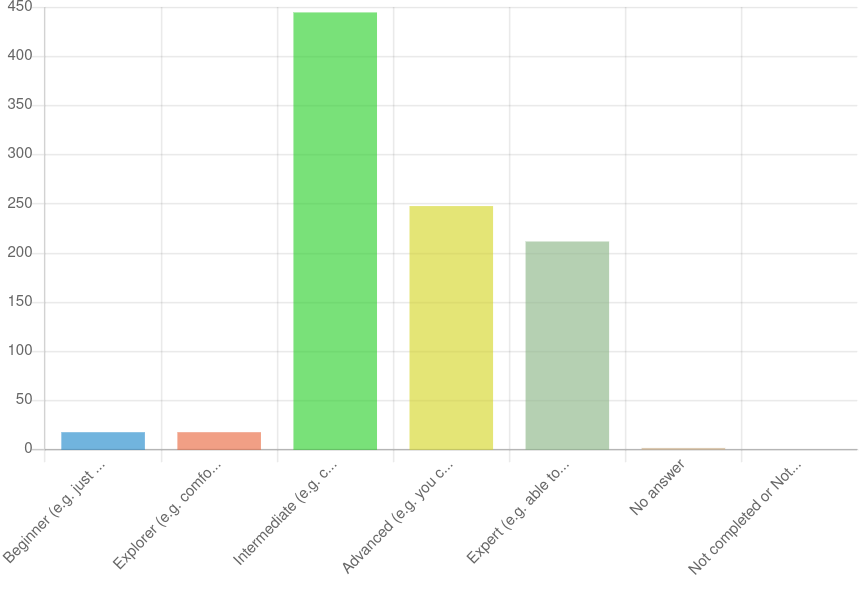Author: Thom Holwerda
Source
Sponsored:
Working in Public: The Making and Maintenance of Open Source Software - Audiobook

Unlock the Digital Creator Code!
VLC media player, the popular open-source software developed by nonprofit VideoLAN, has topped 6 billion downloads worldwide and teased an AI-powered subtitle system. The new feature automatically generates real-time subtitles — which can then also be translated in many languages — for any video using open-source AI models that run locally on users’ devices, eliminating the need for internet connectivity or cloud services, VideoLAN demoed at CES. ↫ Manish Singh at TechCrunch VLC is choosing to throw users who rely on subtitles for accessibility or translation reasons under the bus. Using speech-to-text and even “AI” as a starting point for a proper accessibility expert of translator is fine, and can greatly reduce the workload. However, as anyone who works with STT and “AI” translation software knows, their output is highly variable and wildly unreliable, especially once English isn’t involved. Dumping the raw output of these tools onto people who rely on closed captions and subtitles to even be able to view videos is not only lazy, it’s deeply irresponsible and demonstrates a complete lack of respect and understanding. I was a translator for almost 15 years, with two university degrees on the subject to show for it. This is obviously a subject close to my heart, and the complete and utter lack of respect and understanding from Silicon Valley and the wider technology world for proper localisation and translation has been a thorn in my side for decades. We all know about bad translations, but it goes much deeper than that – with Silicon Valley’s utter disregard for multilingual people drawing most of my ire. Despite about 60 million people in the US alone using both English and Spanish daily, software still almost universally assumes you speak only one language at all times, often forcing fresh installs for something as simple as changing a single application’s language, or not even allowing autocorrect on a touch keyboard to work with multiple languages simultaneously. I can’t even imagine how bad things are for people who, for instance, require closed-captions for accessibility reasons. Imagine just how bad the “AI”-translated Croation closed-captions on an Italian video are going to be – that’s two levels of “AI” brainrot between the source and the ears of the Croation user. It seems subtitles and closed captions are going to be the next area where technology companies are going to slash costs, without realising – or, more likely, without giving a shit – that this will hurt users who require accessibility or translations more than anything. Seeing even an open source project like VLC jump onto this bandwagon is disheartening, but not entirely unexpected – the hype bubble is inescapable, and a lot more respected projects are going to throw their users under the bus before this bubble pops. …wait a second. Why is VLC at CES in the first place?





